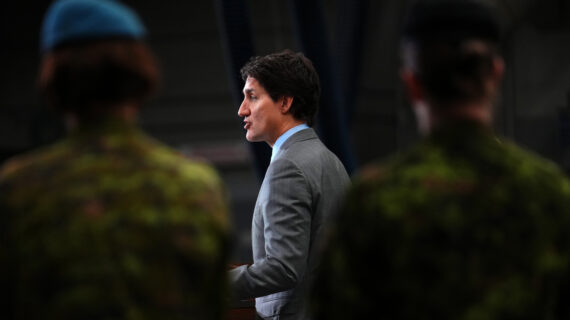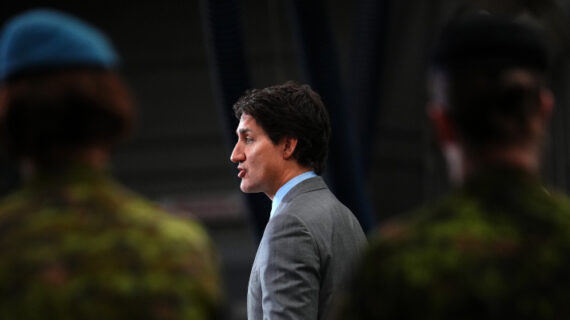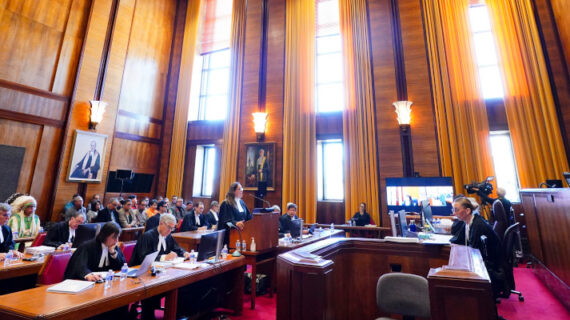This afternoon Finance Minister Chrystia will deliver her fourth federal budget, sold by the Liberal government as a plan that will “unlock the door to the middle class for millions of younger Canadians.”
The budget comes in the midst of horrendous polling numbers for the Trudeau government, with some showing the Conservatives with a 20-point lead. Through this fiscal blueprint, the Liberals are desperately trying to gain some of those potential voters back.
Here are five tweets in anticipation of the federal budget.

Freeland teed up the budget by posting a video where she insisted her plan will mean the hard work of Canadians “pays off.”
It seems, however, that the budget may see wealthier Canadians “paying” more through a potential wealth tax. That’s according to Global News Ottawa bureau chief Mercedes Stephenson.
Robert Asselin, senior vice president of policy at the Business Council of Canada and former advisor to one-time Liberal finance minister Bill Morneau, opposes the idea of a wealth tax.
“[A] surtax on big corporations or a wealth tax sounds very good, but in practice they’re terrible. They don’t work,” said Asselin. He insists targeting certain companies will hurt productivity and the Canadian economy, with costs being downloaded onto the consumer.
Pulling the lens back, Globe and Mail columnist Andrew Coyne composed a graph showing just how steeply the government’s spending projections have been rising. He criticized the government for characterizing itself as being “fiscally restrained.”
Housing will fill many pages in today’s budget. Teasing their plan, the government recently pledged to build 3.9 million homes by 2031. They plan to lease and build on underused public lands to make housing more affordable and available. They also intend to extend the mortgage amortization limit to 30 years for first-time home buyers.
Eric Lombardi, founder and president of More Neighbours Toronto and a Hub contributor, voiced skepticism around new housing spending, citing the gap between employment in the public and private sectors.
Finally, on the subject of defence spending, through the recent release of the government’s defence policy update (which names the military’s long-term goals and the equipment required), the government signalled its plan for Canada’s ailing army.
University of Ottawa professor and former national defence analyst Thomas Juneau said even though the Trudeau government did not commit to the NATO member promise of spending a minimum of two percent of its GDP on the armed forces, the goal set will still be difficult to achieve. At 1.33 percent of GDP, Canada currently ranks 25th out of 30 NATO members when it comes to defence spending. But we’re around the sixth largest spender in terms of absolute dollars. The last time this country had had a defence update was 2017. We’ll learn even more about military spending plans today.
Finance Minister Freeland will officially present the federal budget this afternoon when she rises in the House of Commons.




